Patrick Bamford Quotes


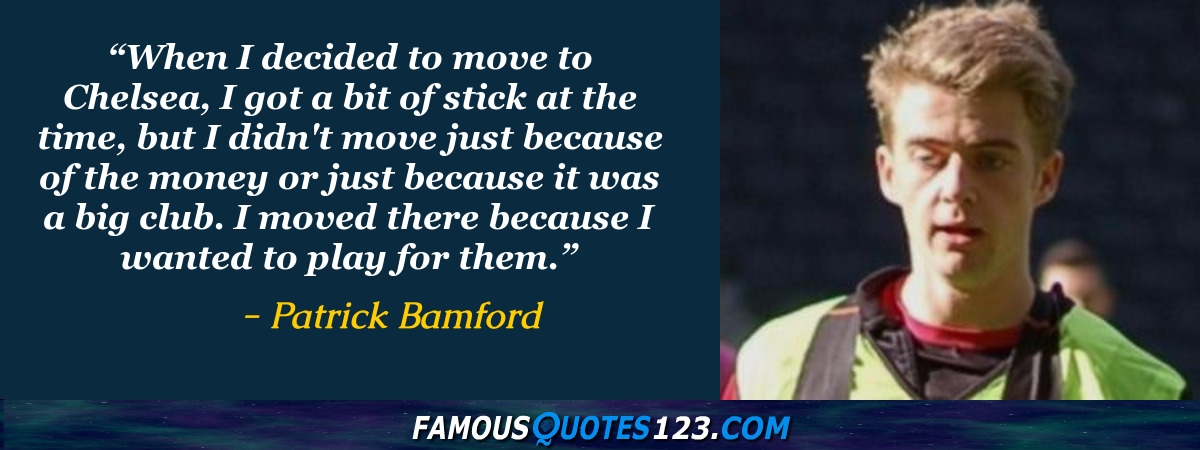
When I decided to move to Chelsea, I got a bit of stick at the time, but I didn't move just because of the money or just because it was a big club. I moved there because I wanted to play for them.
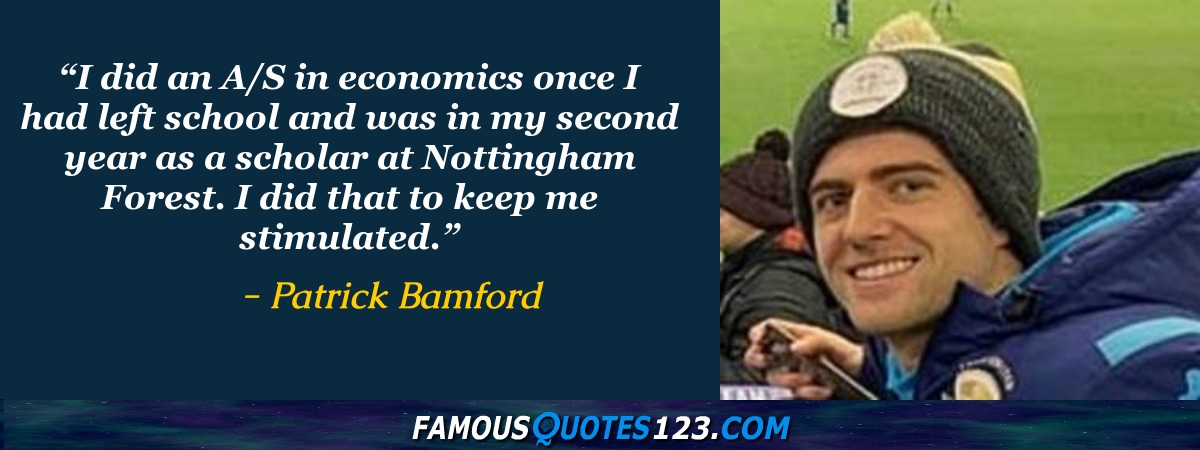
I did an A/S in economics once I had left school and was in my second year as a scholar at Nottingham Forest. I did that to keep me stimulated.
I think for every young player of my age, they have to go out on loan. I know there's an U21 league and the Europa League for the youth teams, but it's not the same as playing men's football, when there's a lot more riding on it.
If I started something, I had to finish. Like with violin. I started when I was seven only because my best mate wanted to. I hated it and wanted to quit, but Dad made me continue, and I got to grade seven. My parents said I had to know the value of stuff and work for stuff.
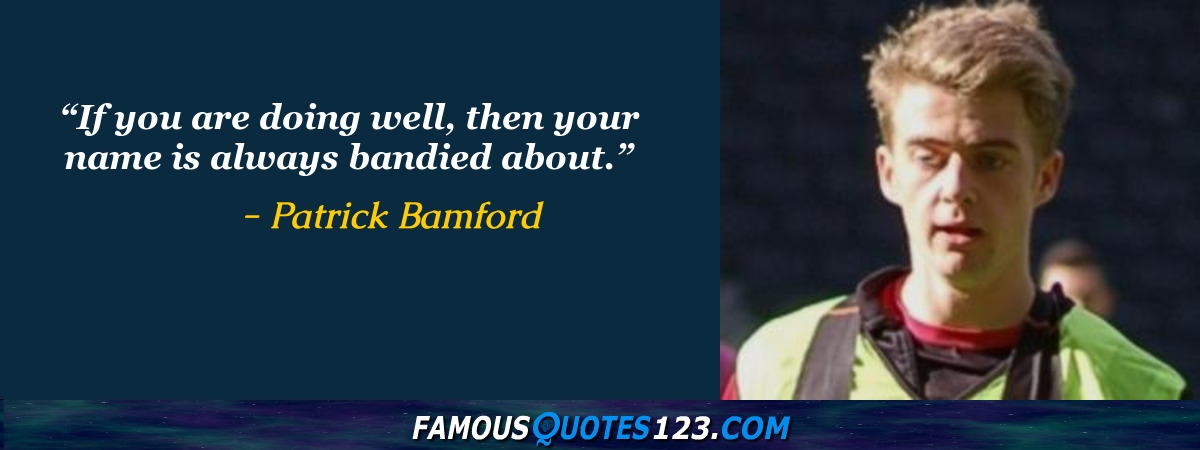
If you are doing well, then your name is always bandied about.
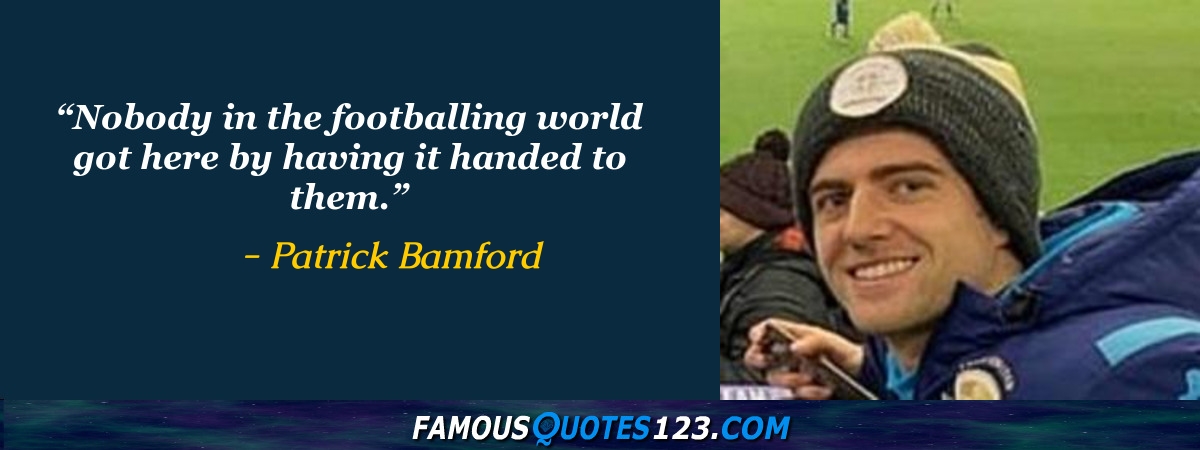
Nobody in the footballing world got here by having it handed to them.
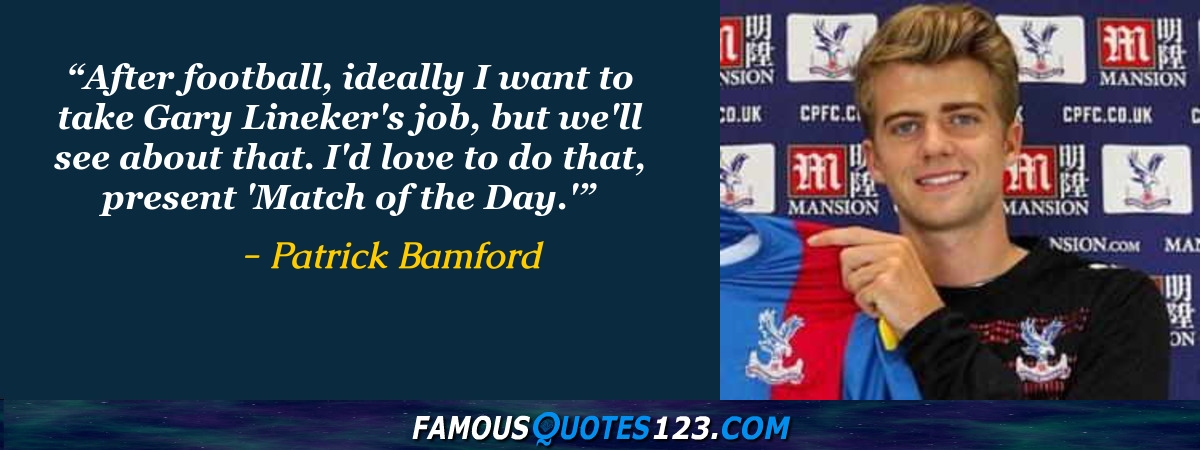
After football, ideally I want to take Gary Lineker's job, but we'll see about that. I'd love to do that, present 'Match of the Day.'
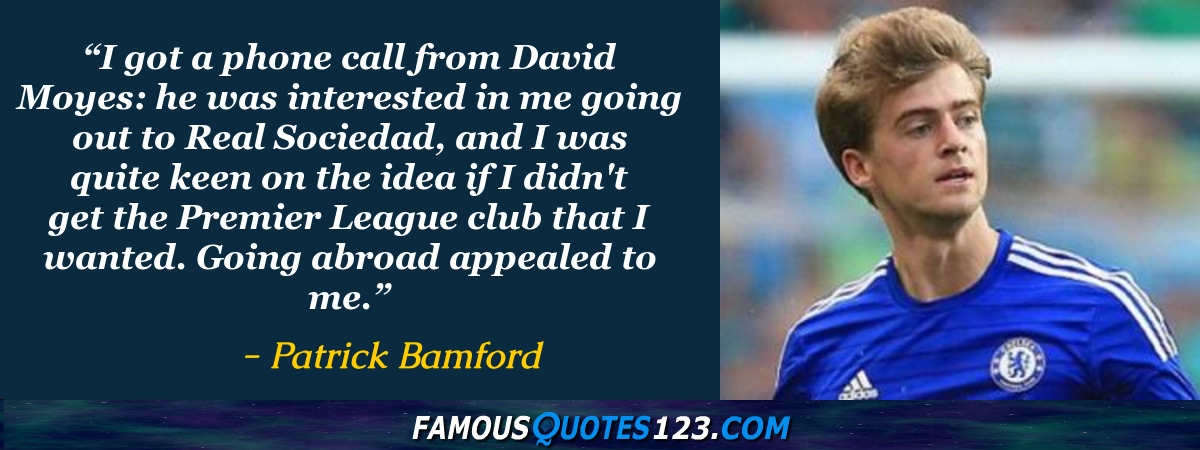
I got a phone call from David Moyes: he was interested in me going out to Real Sociedad, and I was quite keen on the idea if I didn't get the Premier League club that I wanted. Going abroad appealed to me.
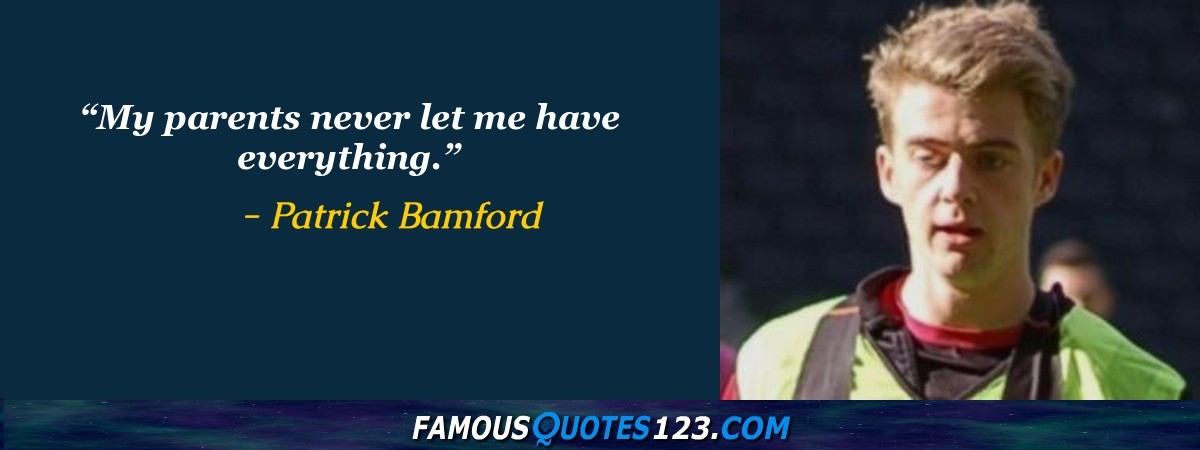
My parents never let me have everything.
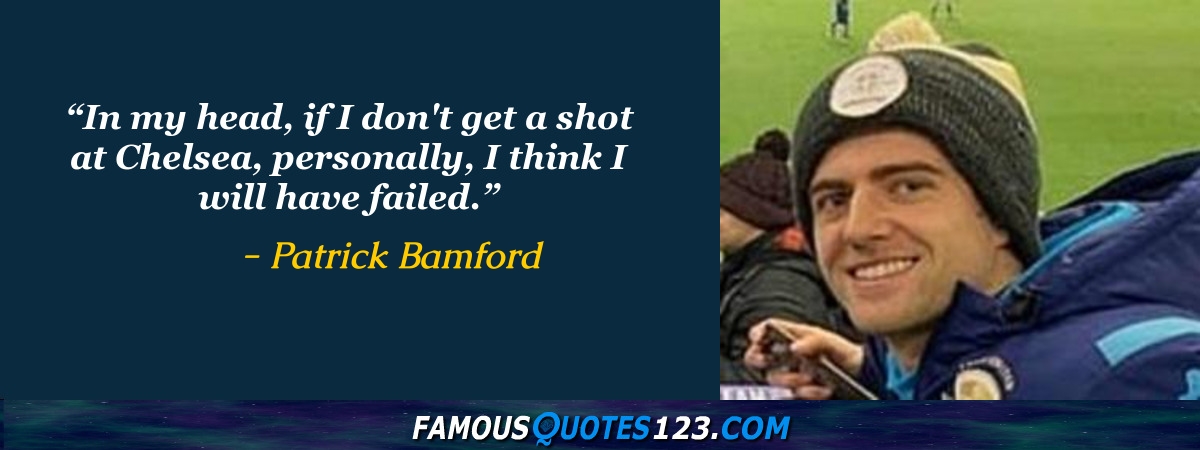
In my head, if I don't get a shot at Chelsea, personally, I think I will have failed.
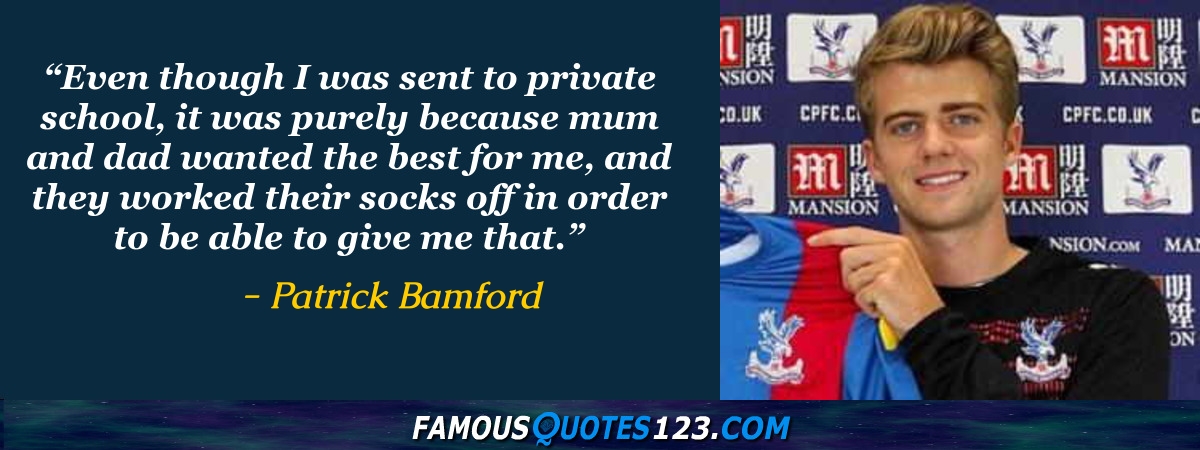
Even though I was sent to private school, it was purely because mum and dad wanted the best for me, and they worked their socks off in order to be able to give me that.
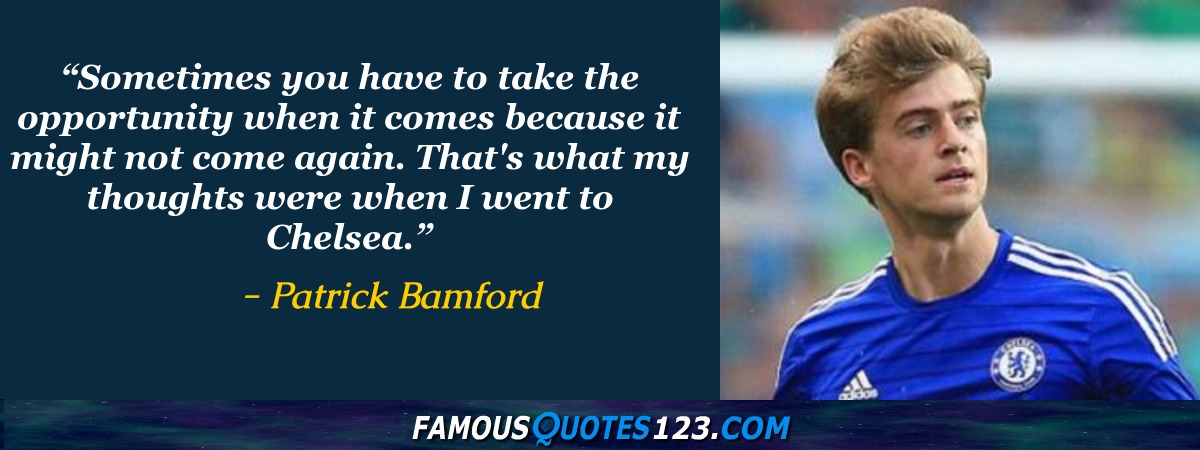
Sometimes you have to take the opportunity when it comes because it might not come again. That's what my thoughts were when I went to Chelsea.
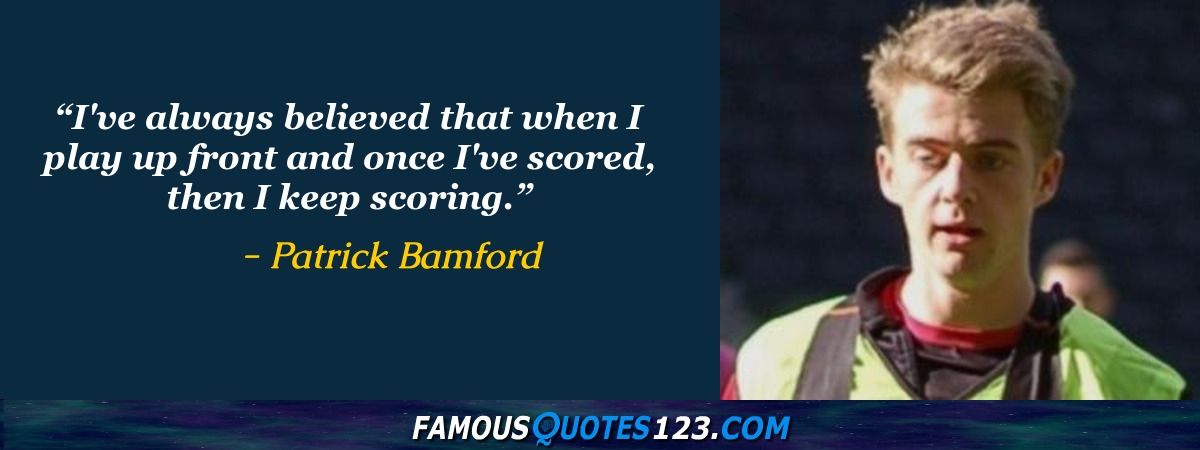
I've always believed that when I play up front and once I've scored, then I keep scoring.
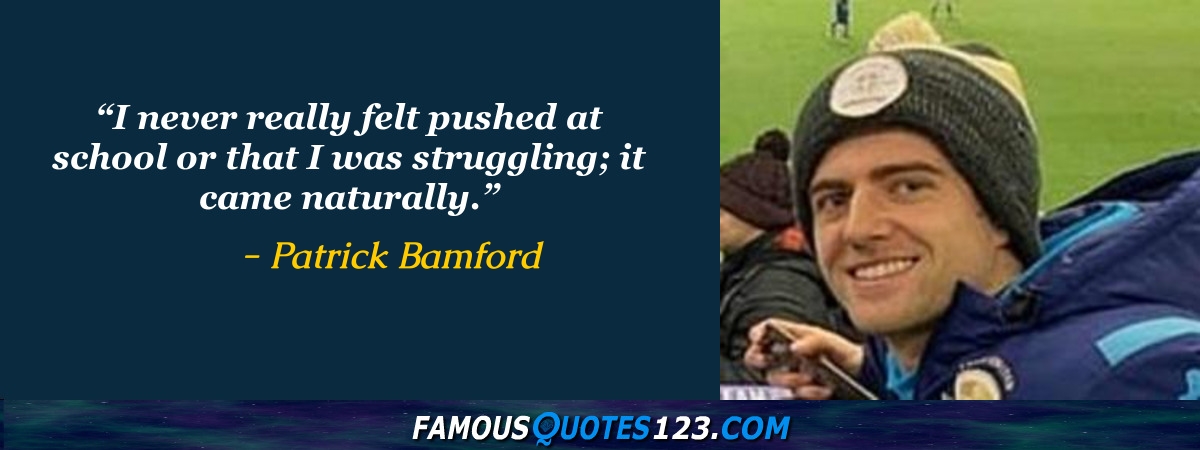
I never really felt pushed at school or that I was struggling; it came naturally.
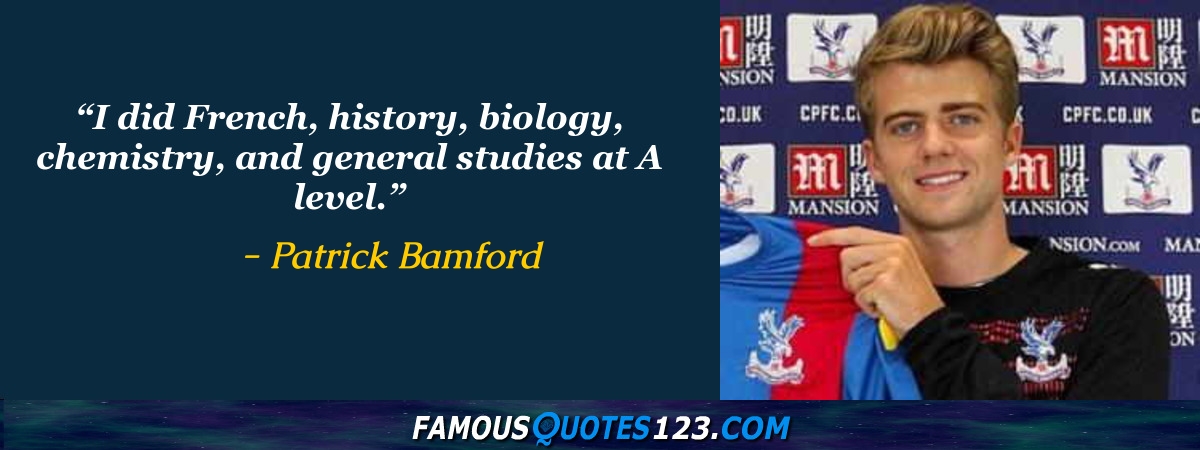
I did French, history, biology, chemistry, and general studies at A level.
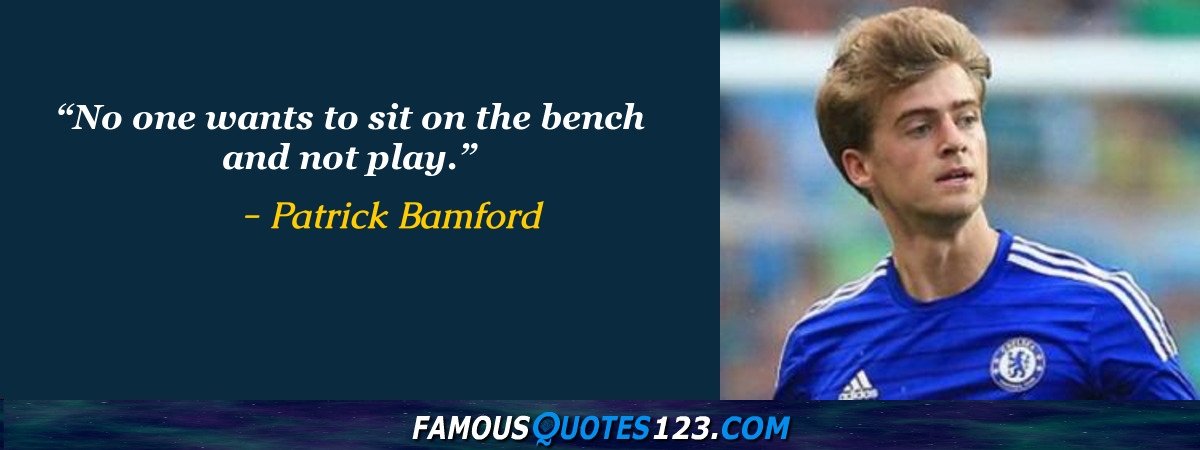
No one wants to sit on the bench and not play.
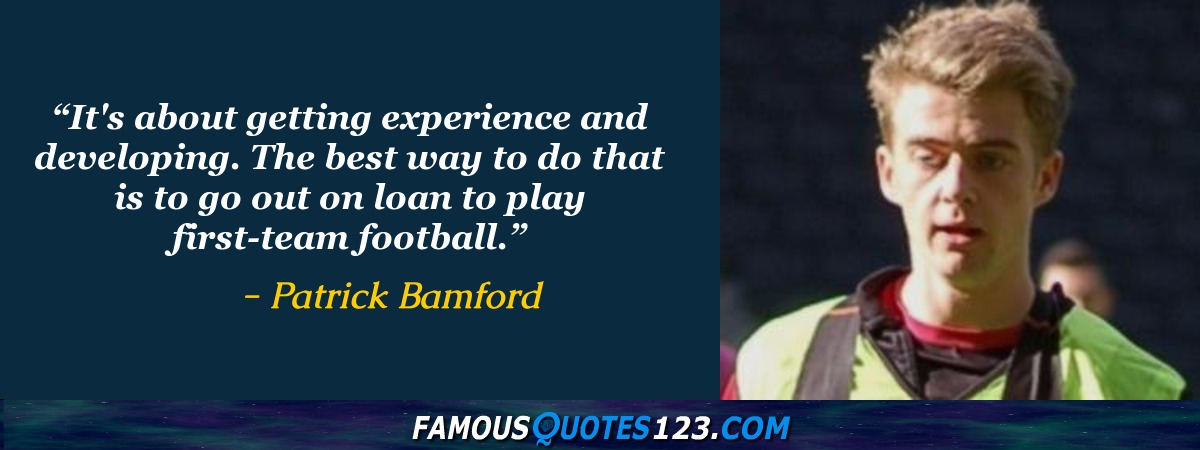
It's about getting experience and developing. The best way to do that is to go out on loan to play first-team football.
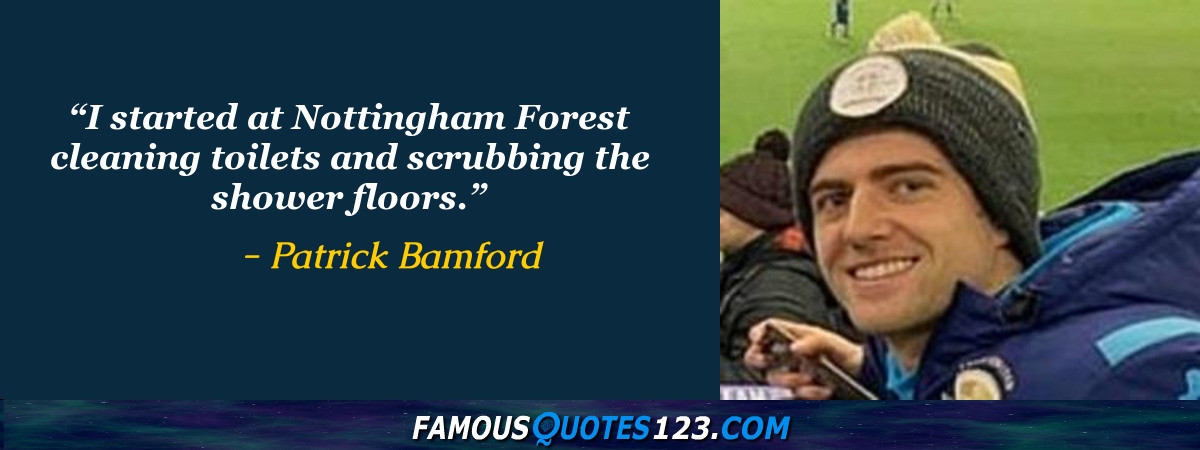
I started at Nottingham Forest cleaning toilets and scrubbing the shower floors.
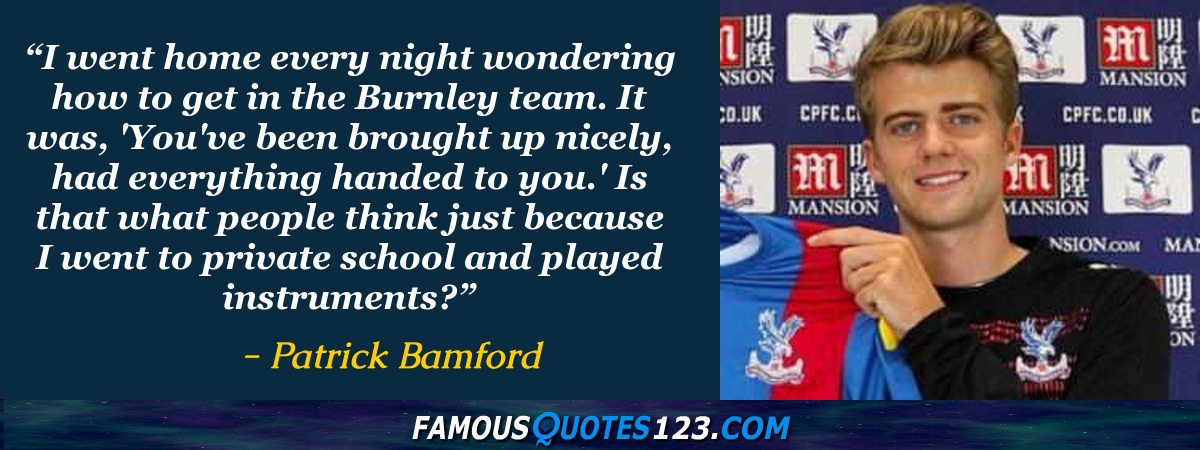
I went home every night wondering how to get in the Burnley team. It was, 'You've been brought up nicely, had everything handed to you.' Is that what people think just because I went to private school and played instruments?
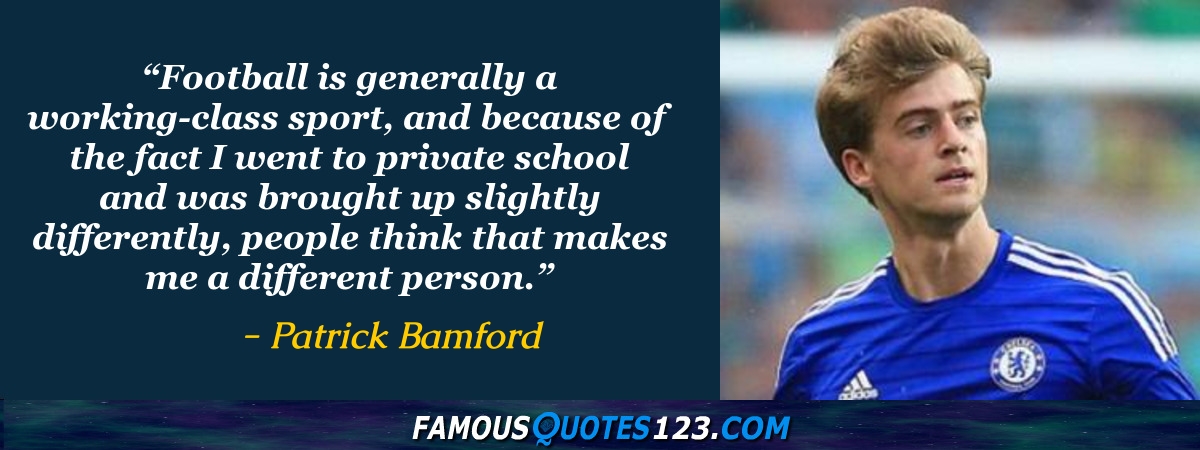
Football is generally a working-class sport, and because of the fact I went to private school and was brought up slightly differently, people think that makes me a different person.
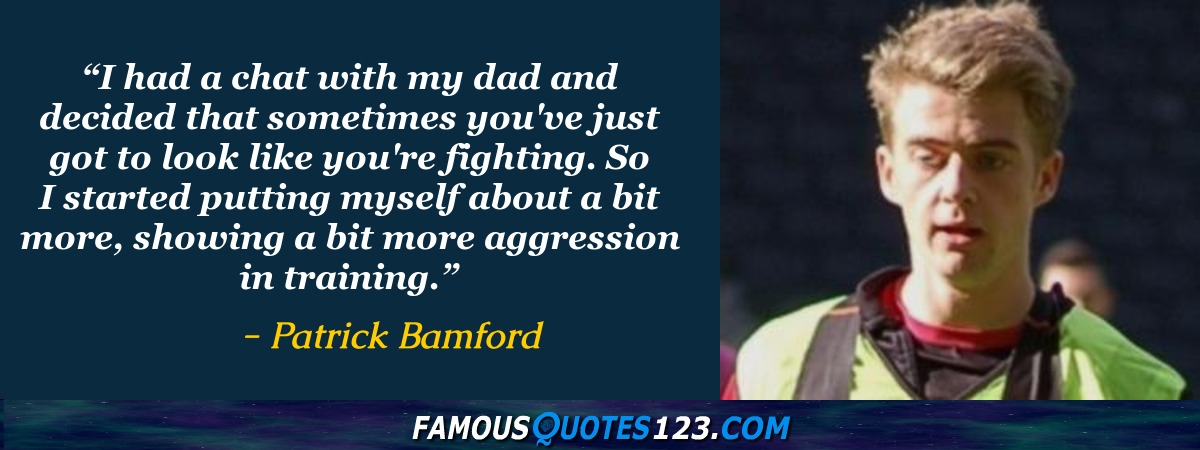
I had a chat with my dad and decided that sometimes you've just got to look like you're fighting. So I started putting myself about a bit more, showing a bit more aggression in training.
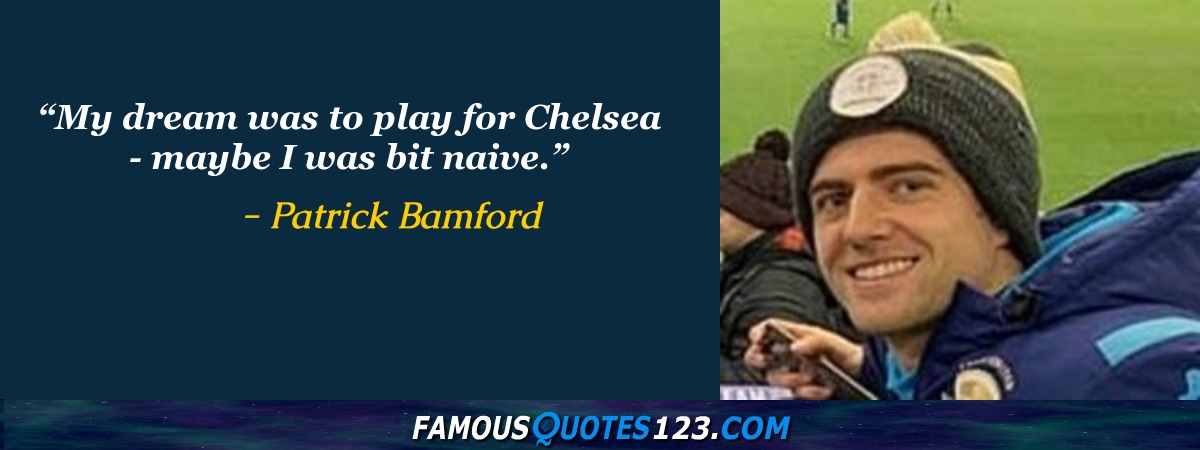
My dream was to play for Chelsea - maybe I was bit naive.
We have a psychologist at Chelsea who goes around seeing the loan players. He said every top, top player has a dark side. So someone like Diego Costa sometimes oversteps the mark. But you can see he plays on the edge. He said I had to develop that. It's not natural for me to be like that.
If you don't play well, people don't watch the game, but if you have scored, your name flashes up; it doesn't matter how you've played. So as a striker, that is what I've got to try to do - make sure I score - and if you're doing that, you're also helping the team.
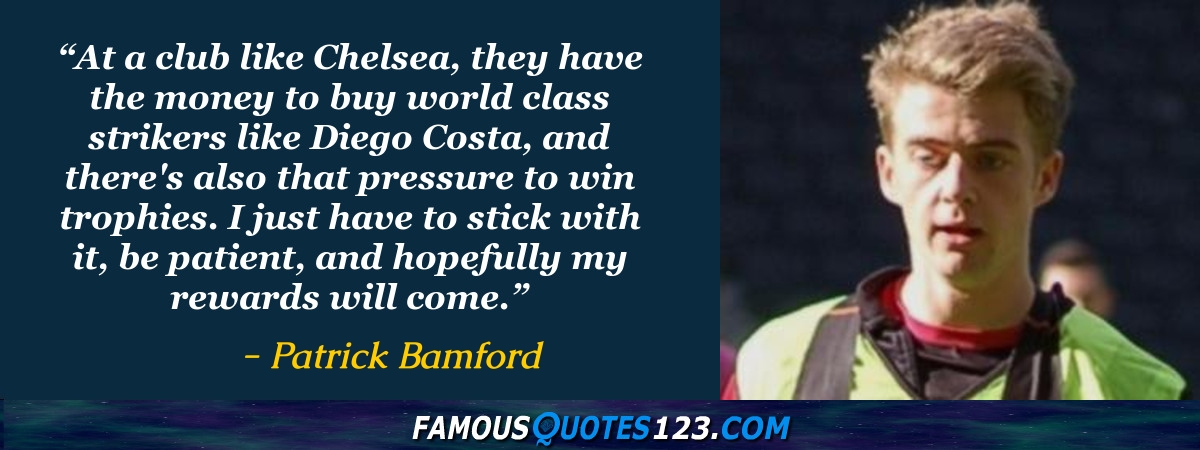
At a club like Chelsea, they have the money to buy world class strikers like Diego Costa, and there's also that pressure to win trophies. I just have to stick with it, be patient, and hopefully my rewards will come.
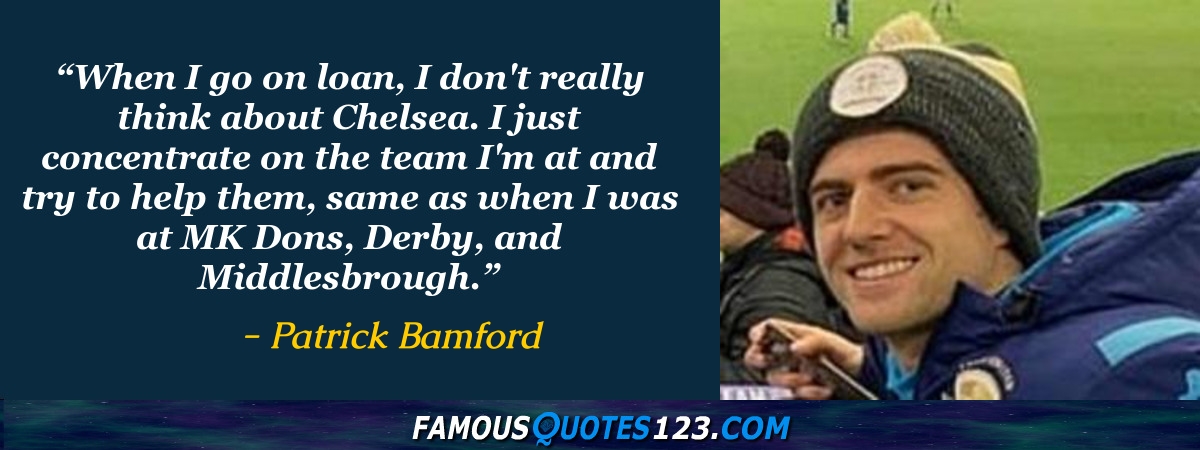
When I go on loan, I don't really think about Chelsea. I just concentrate on the team I'm at and try to help them, same as when I was at MK Dons, Derby, and Middlesbrough.
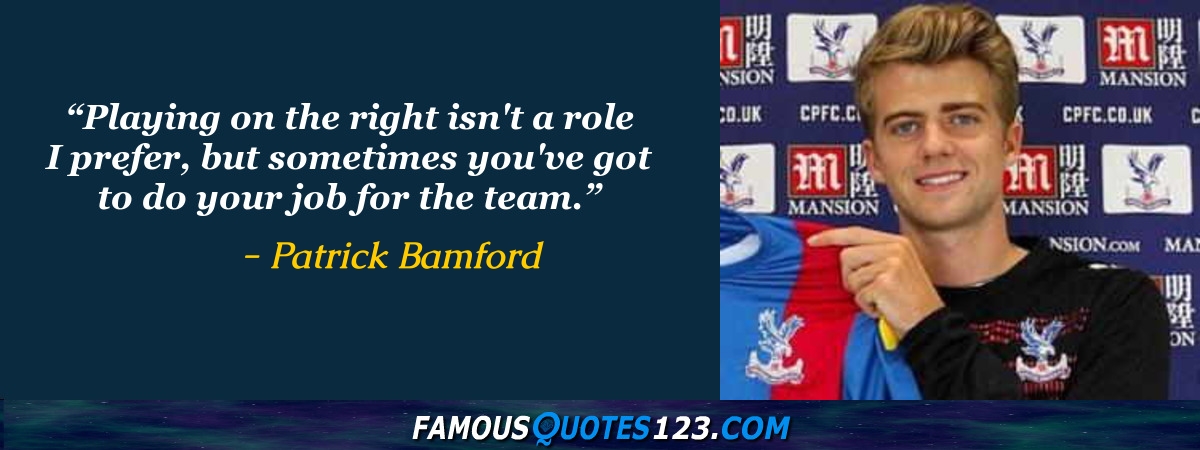
Playing on the right isn't a role I prefer, but sometimes you've got to do your job for the team.
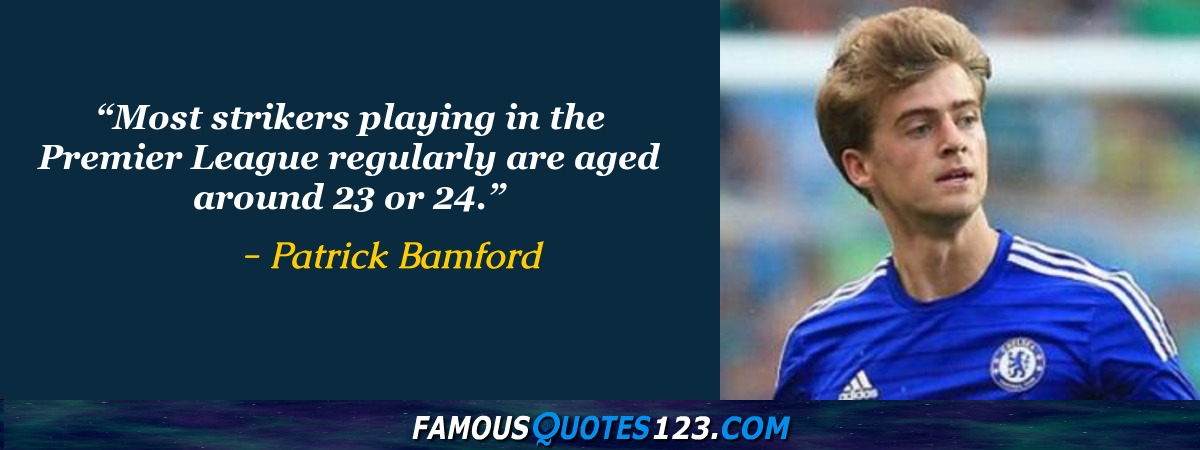
Most strikers playing in the Premier League regularly are aged around 23 or 24.
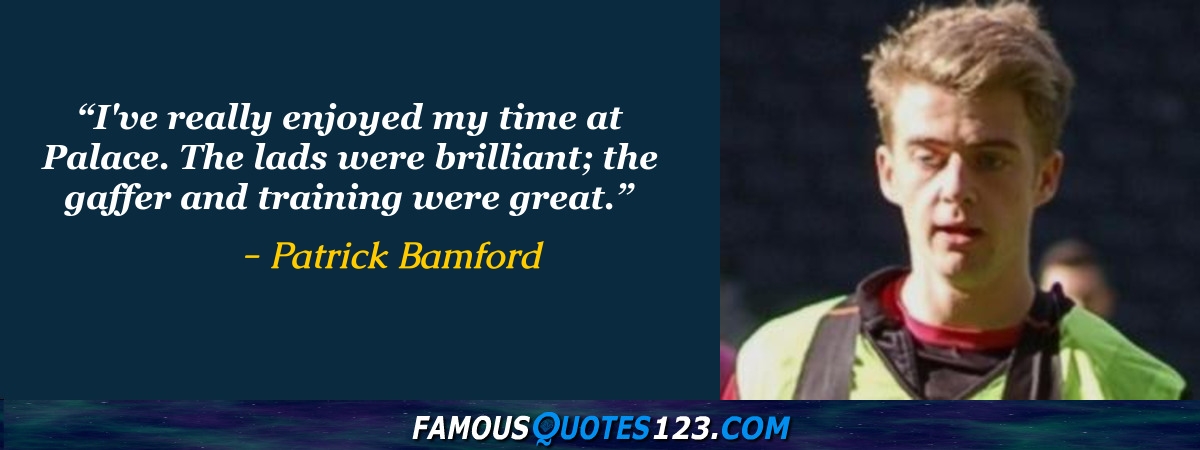
I've really enjoyed my time at Palace. The lads were brilliant; the gaffer and training were great.
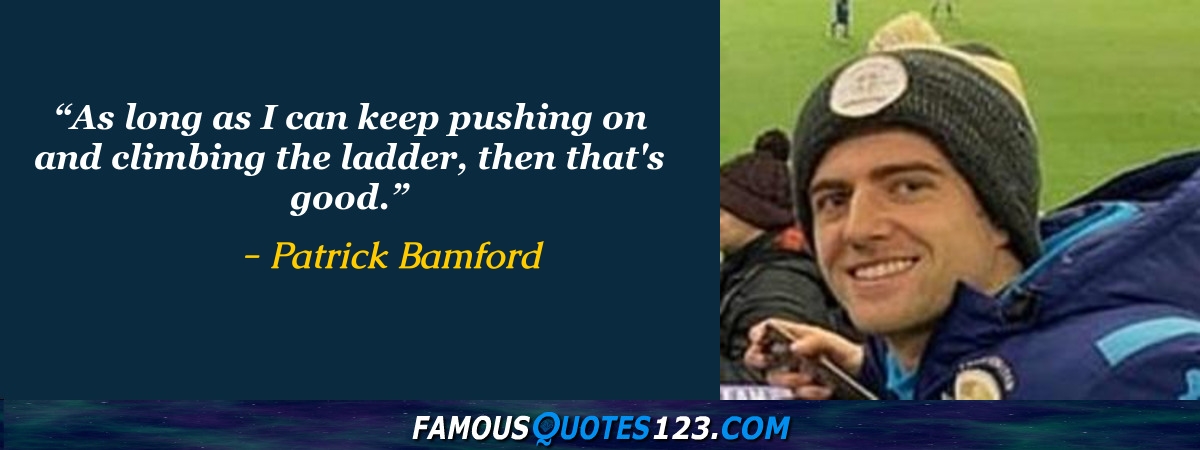
As long as I can keep pushing on and climbing the ladder, then that's good.
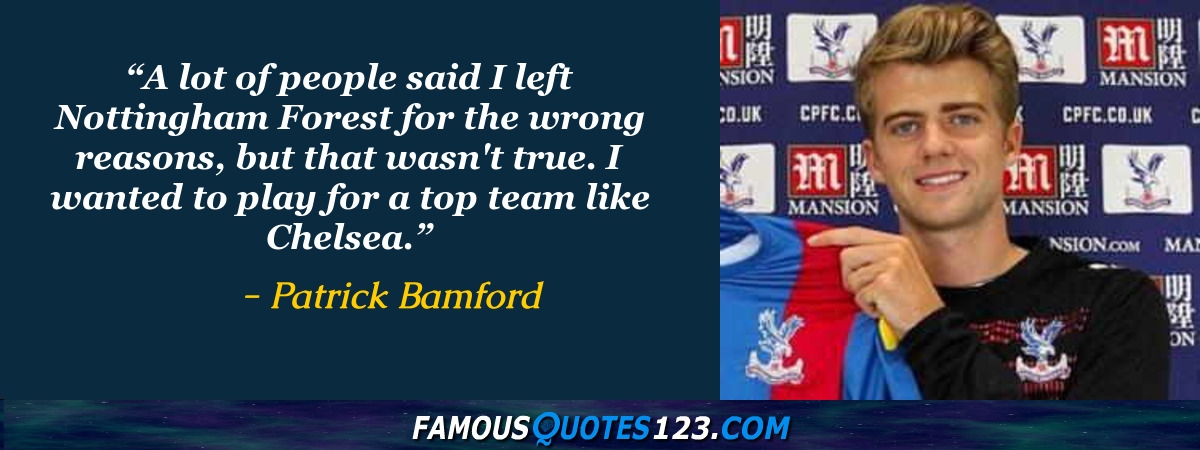
A lot of people said I left Nottingham Forest for the wrong reasons, but that wasn't true. I wanted to play for a top team like Chelsea.
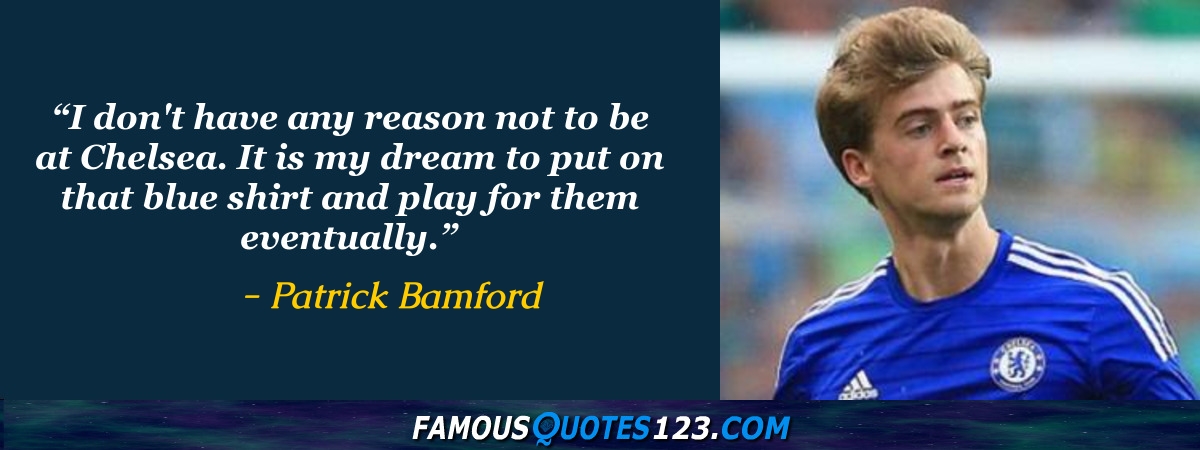
I don't have any reason not to be at Chelsea. It is my dream to put on that blue shirt and play for them eventually.
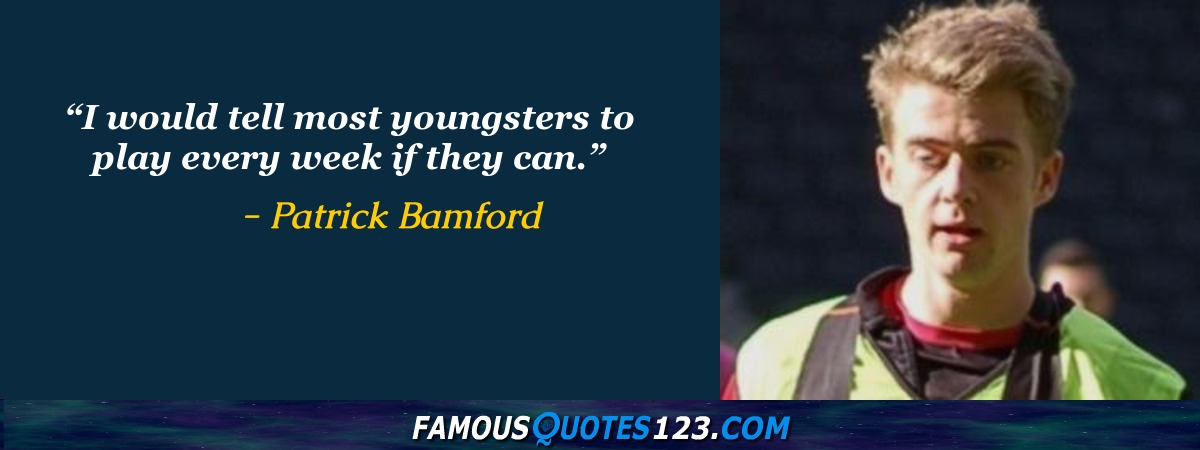
I would tell most youngsters to play every week if they can.
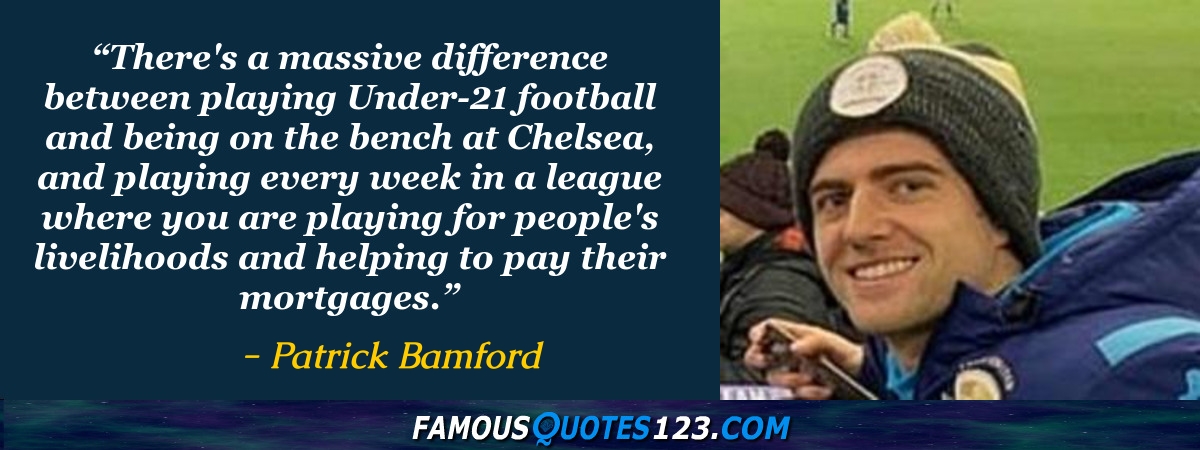
There's a massive difference between playing Under-21 football and being on the bench at Chelsea, and playing every week in a league where you are playing for people's livelihoods and helping to pay their mortgages.
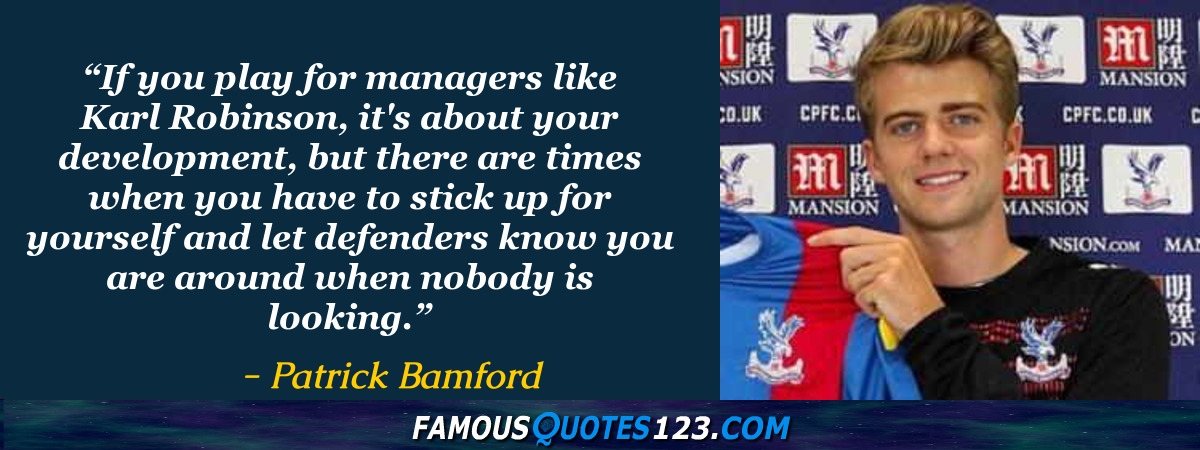
If you play for managers like Karl Robinson, it's about your development, but there are times when you have to stick up for yourself and let defenders know you are around when nobody is looking.
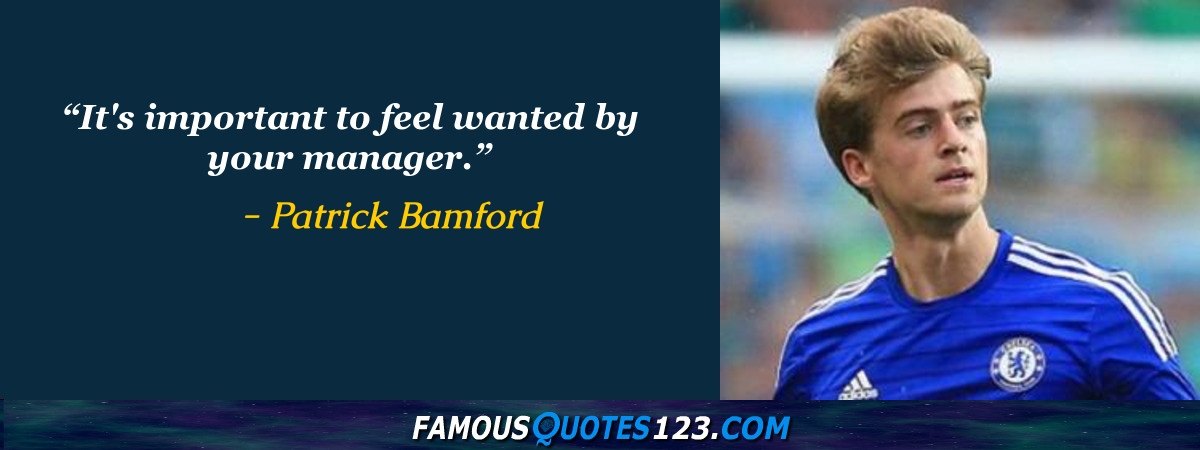
It's important to feel wanted by your manager.
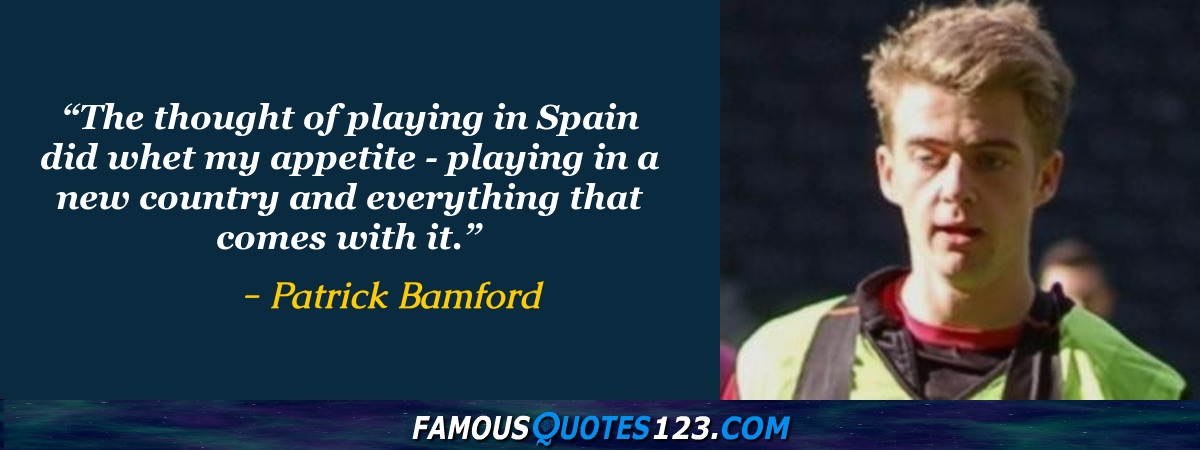
The thought of playing in Spain did whet my appetite - playing in a new country and everything that comes with it.
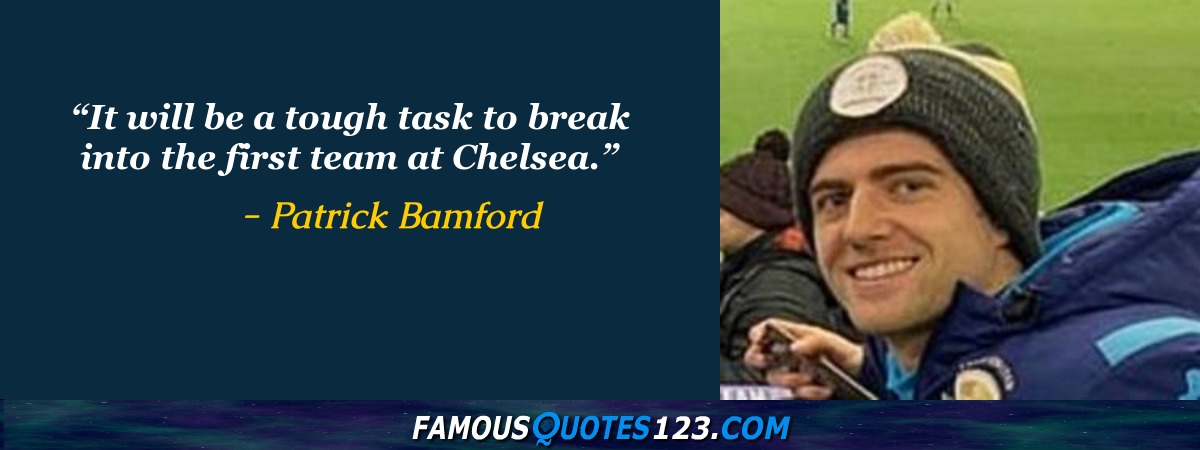
It will be a tough task to break into the first team at Chelsea.
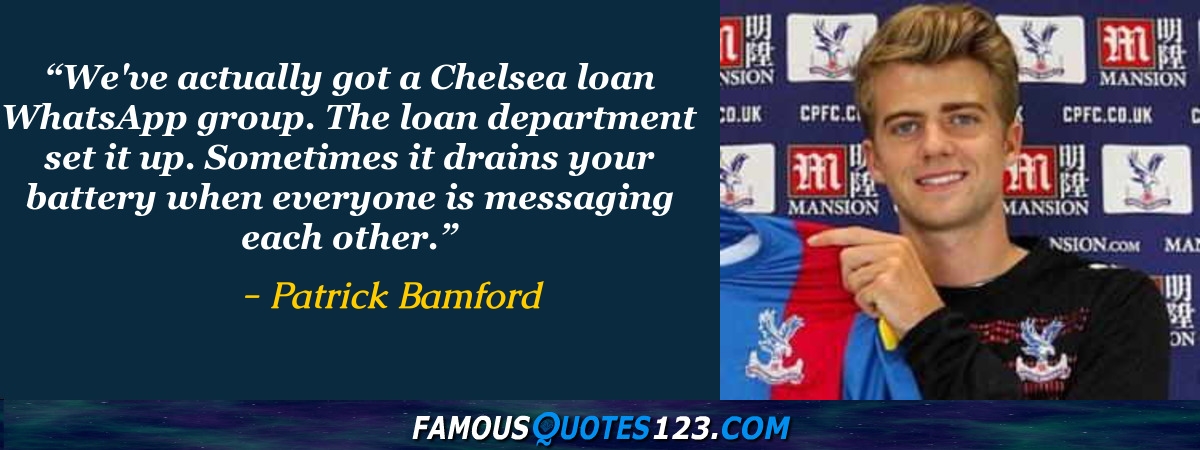
We've actually got a Chelsea loan WhatsApp group. The loan department set it up. Sometimes it drains your battery when everyone is messaging each other.
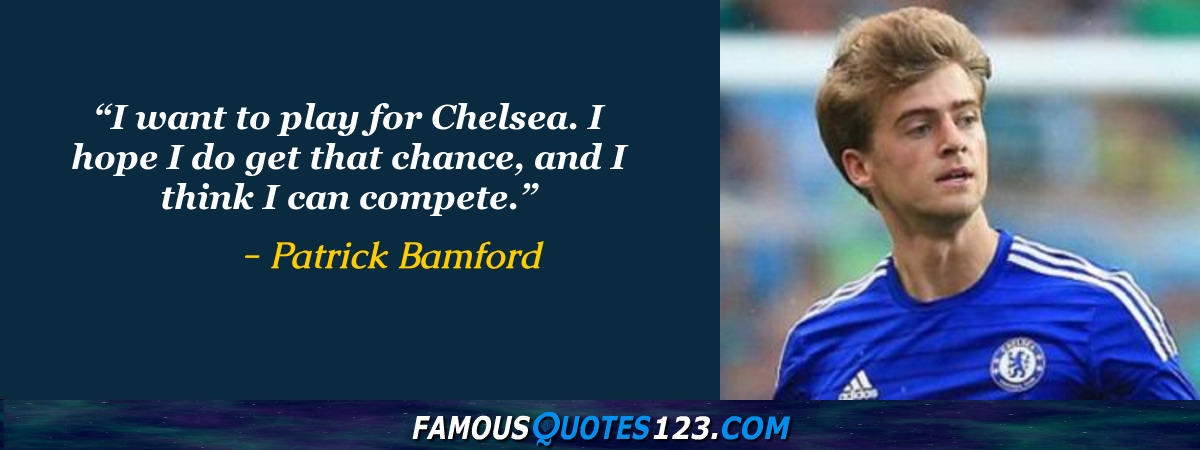
I want to play for Chelsea. I hope I do get that chance, and I think I can compete.
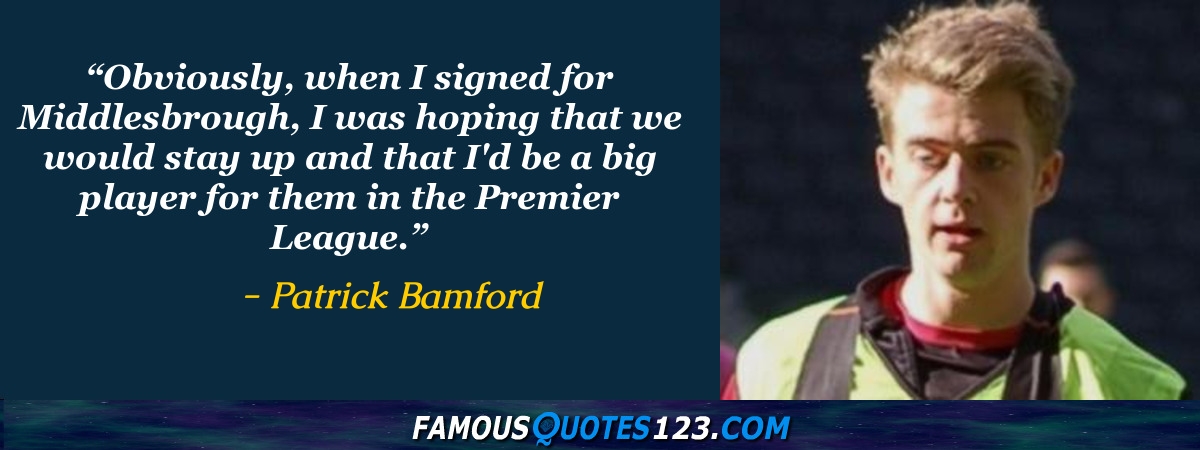
Obviously, when I signed for Middlesbrough, I was hoping that we would stay up and that I'd be a big player for them in the Premier League.
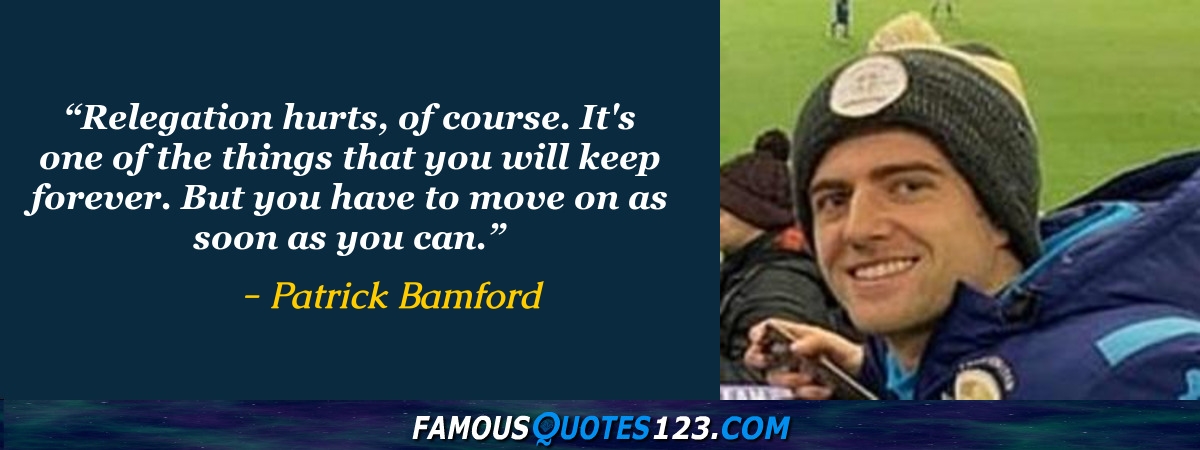
Relegation hurts, of course. It's one of the things that you will keep forever. But you have to move on as soon as you can.
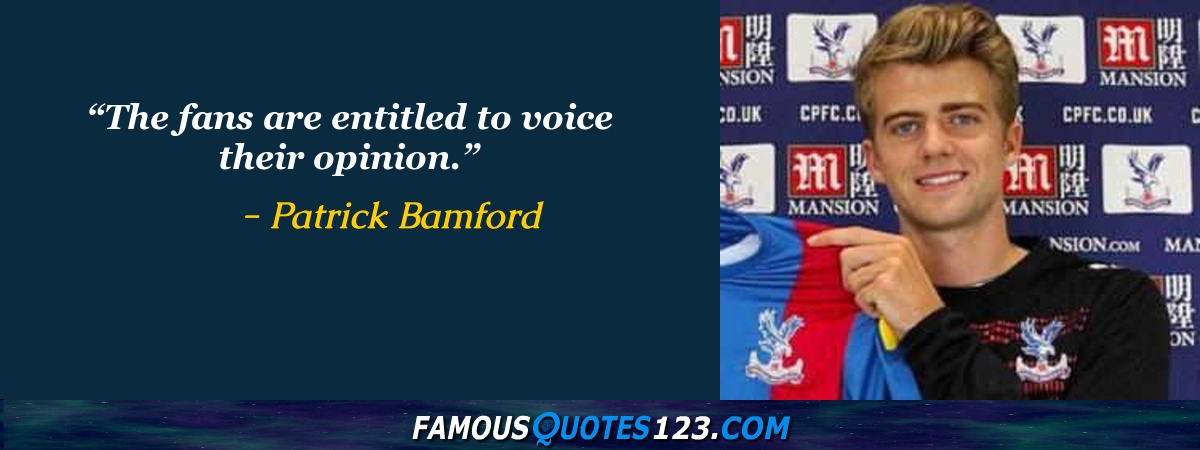
The fans are entitled to voice their opinion.
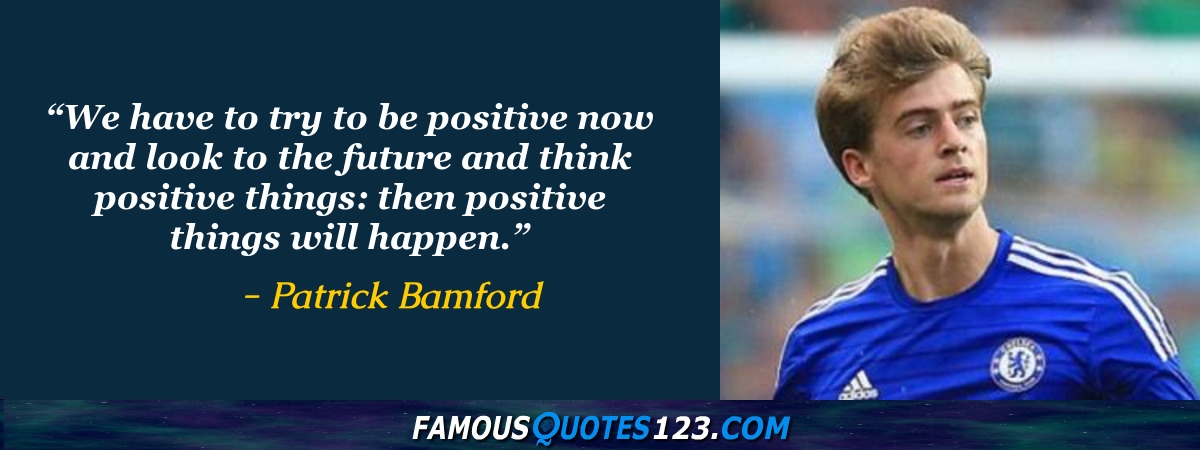
We have to try to be positive now and look to the future and think positive things: then positive things will happen.